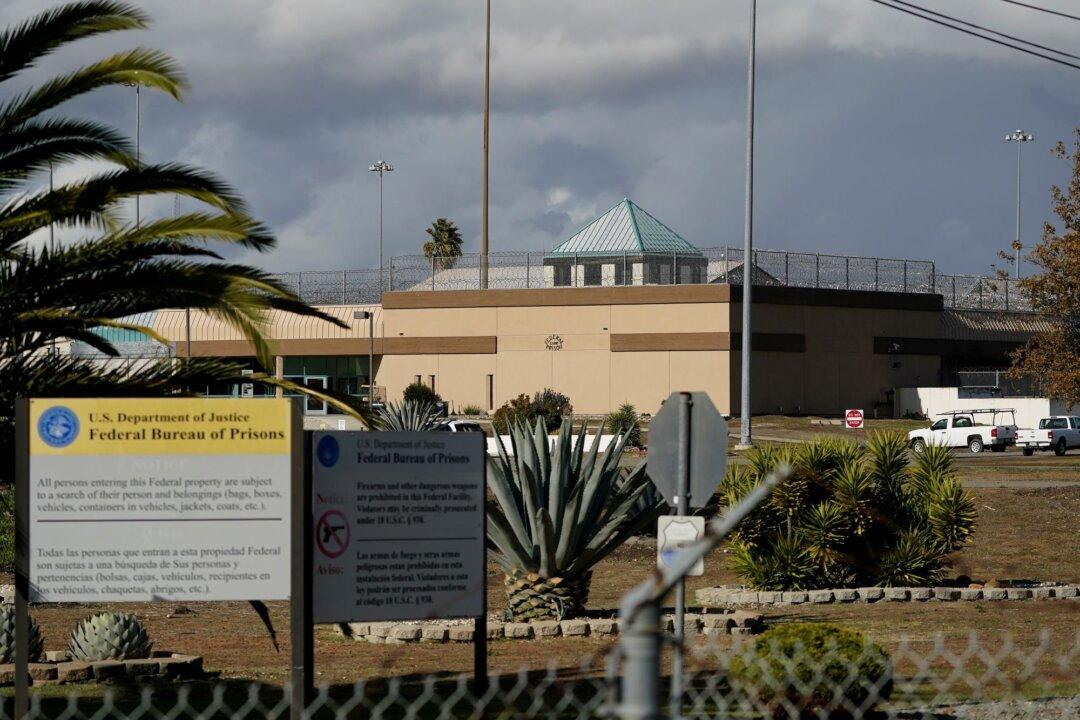A former correctional officer at a federal women’s prison in Alameda County was sentenced to 72 months in prison for sexually abusing five inmates, the U.S. Department of Justice announced Wednesday.
The low-security Federal Correctional Facility (FCI) in Dublin, California, has been plagued by scandal following a string of lawsuits and federal investigations alleging a “toxic culture” of sexual abuse and retaliation by correctional officers at all levels.





